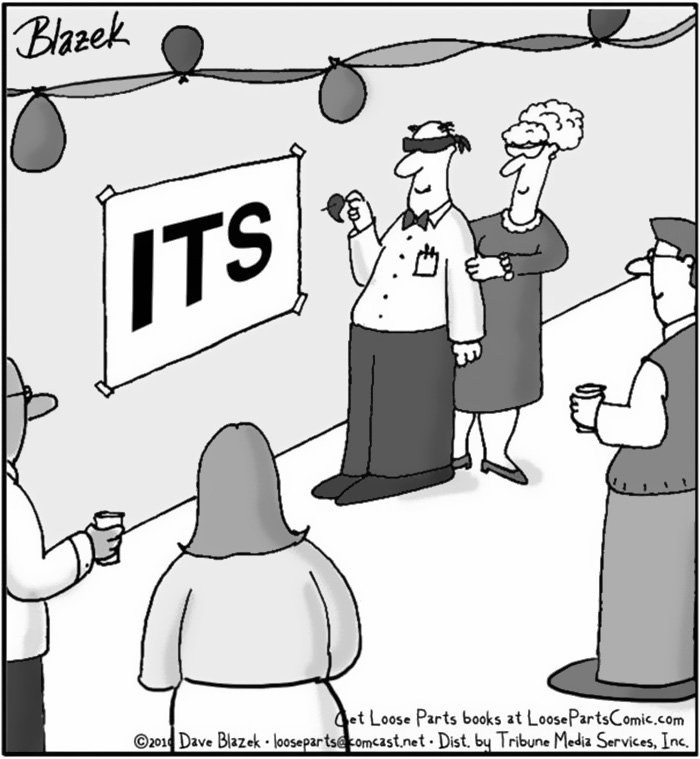|
Although, traditionally, can has meant "to be able" and may has meant "to be permitted" or to express possibility, both can and may are commonly used interchangeably (especially in spoken, informal language) in respect to permission. Even the Oxford English dictionary informs us that the permission use of can is not incorrect, but it's better and more polite to use may in formal situations.
Example: He can hold his breath for 30 seconds.
Meaning: He is able to hold his breath for 30 seconds.
Example: He may hold his breath for 30 seconds.
Meaning #1: It is possible that he will hold his breath.
Meaning #2: He has permission to hold his breath. (This meaning is unlikely.)
Example: May/Can I go to the mall tonight?
Regardless of whether you choose can or may here, it is clear that permission is being requested.
In spoken English, a request for permission is generally answered with can, cannot, or can't, rather than with may or may not, even if the question was formed using may. (Although mayn't is a word, it looks and sounds strange even to native speakers.)
Example of Dialogue:
"May I go to the mall tonight?"
"No, you can't/cannot go." OR "Yes, you can go."
Occasionally, you may hear someone say something like, "I cannot but argue when you say such silly things." The expression cannot but argue is actually an old-fashioned way of saying "cannot help arguing." You may also hear the expression can but, which means "can only."
Example: We can but do our best to arrive on time.
|
View and comment on this
article on our website.
|
|
Pop Quiz
1. Can/May you imagine a world without war?
2. Can/May I call you for a date?
3. She can/may run faster than anyone else on the team. (able to)
|
Free BONUS Quiz for You!
[[firstname]], because you are a subscriber to the newsletter, you get access to one of the Subscribers-Only Quizzes. Click here to take an Its vs. It's Quiz and get your scores and explanations instantly!
We will be adding many more quizzes this year to our already substantial list of quizzes. If you have suggestions for topics we have not yet covered, please send us a message at help@grammarbook.com.
|
Hundreds of Additional Quizzes
at Your Fingertips
Subscribe now to receive hundreds of additional English usage quizzes not found anywhere else!
Teachers and Employers
Save hours of valuable time! You may assign quizzes to your students and employees and have their scores tallied, organized, and reported to you! Let GrammarBook.com take the hassle out of teaching English!
"Fun to test my skills."
"The explanations really help ... thanks!"
"I can select the quizzes to assign to my students, and then the results are reported to me automatically!"
|

|
Don't need all the quizzes?
You can now purchase the same quizzes individually for ONLY 99¢ each.
Purchase yours here. |
If you think you have found an error in a quiz, please email us at help@grammarbook.com
|
 |
The Blue Book of Grammar and Punctuation
by Jane Straus, Lester Kaufman, and Tom Stern |
The Authority on English Grammar! Eleventh Edition Now Available
An indispensable tool for busy professionals, teachers, students, homeschool families, editors, writers, and proofreaders.
Available in print AND as an e-Book! Over 2,000 copies are purchased every month!
The publisher of The Blue Book, Jossey-Bass, A Wiley brand, is offering a 35 percent discount for those of you who order the book through Wiley.com. Shipping and tax are not included. Simply go to bit.ly/1996hkA and use discount code E9X4A.
Offer expires December 31, 2020.
|
Wordplay

The games get pretty crazy at English teachers' parties.
Pop Quiz Answers
1. Can you imagine a world without war?
2. Can OR May I call you for a date?
3. She can run faster than anyone else on the team.
|
 |
English In A Snap:
68 One-Minute English Usage Videos FREE |
Learn all about who and whom, affect and effect, subjects and verbs, adjectives and adverbs, commas, semicolons, quotation marks, and much more by just sitting back and enjoying these easy-to-follow lessons. Tell your colleagues (and boss), children, teachers, and friends. Click here to watch.
|
|





